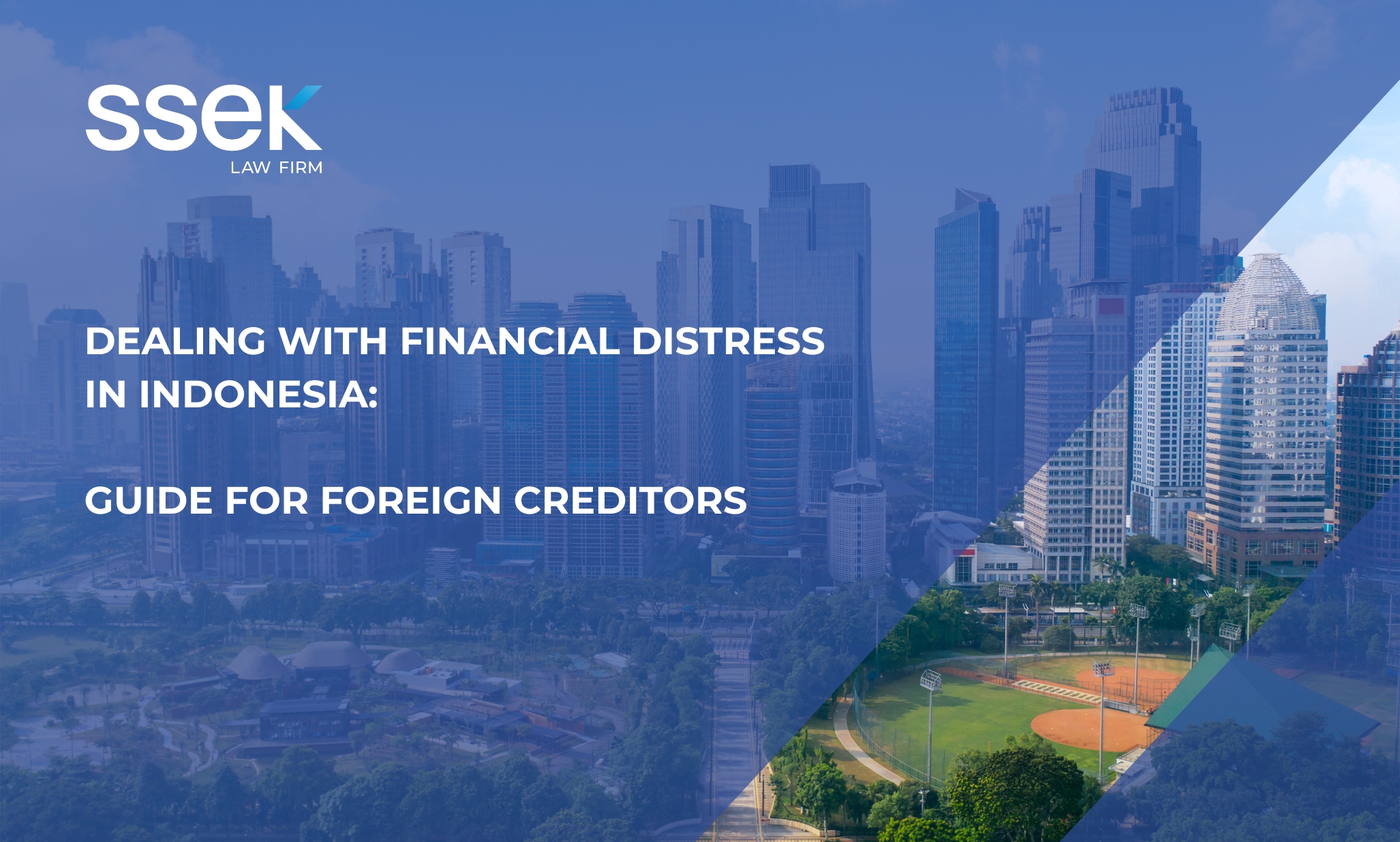


The crypto industry in Indonesia falls under the auspices of the Commodity Futures Trading Regulatory Agency (Bappebti), under the Ministry of Trade (MOT) and in coordination with other institutions such as the Financial Services Authority (OJK), Bank Indonesia (BI) and the Ministry of Communication and Informatics (MOCI).
The MOT has acknowledged cryptoassets, including but not limited to digital coins (virtual currency or cryptocurrency), as tradable commodities for which Bappebti acts as the regulator and supervisor. Nevertheless, through the enactment of Law No. 4 of 2023 regarding the Development and Strengthening of the Financial Sector (the P2SK Law), the regulatory authority over cryptoassets will be transferred from Bappebti to the OJK, with this transfer projected to be effective starting January 2025.
As regulated under Bappebti Reg. 8/2021, the trade of cryptoassets shall be facilitated by cryptoasset physical traders (or crypto exchanges).
Bappebti Reg. 8/2021 defines cryptoassets as intangible commodities in digital form, using cryptography, IT networks and distributed ledgers to regulate the creation of new units, verify transactions and secure transactions without the intervention of other parties. In essence, cryptoassets may be traded if they have been approved by the head of Bappebti.
Applicable laws and regulations do not explicitly distinguish between security tokens, utility tokens, stablecoins and deposit coins, and the forgoing assets are generally treated the same as cryptoassets. The Indonesian government is also yet to issue a specific regulation regarding NFTs.
Distributed Ledger Technology
While there is no specific rule or regulation for blockchain or distributed ledger technology in Indonesia, it is referred to in regulations issued by BI, the OJK and Bappebti, which aim to support innovative industry players in the financial services and payment systems fields.
Blockchain technology is mentioned in BI Reg. 23/6, which provides that the use of blockchain technology or distributed ledger technology for fund transfers, electronic money, electronic wallets, or mobile payments is considered as providing financial technology in the payment system sector.
The use of blockchain technology is also considered a technological innovation within the scope of ITSK activities supervised by the OJK. Further, Bappebti Regulation No. 8 of 2021 regarding Guidelines for Organising Crypto Asset Physical Trading Market on the Futures Exchange, as amended by Bappebti Regulation No. 13 of 2022, dated 9 November 2022 (together, Bappebti Reg. 8/2021), also mentions distributed ledgers in its description of cryptoassets.
Token Issuance
Currently, there are no specific laws or regulations surrounding security token offerings (STOs), initial coin offerings (ICOs) and other token generation events. It is noteworthy that Bappebti has explicitly clarified that the current regulations concerning cryptocurrency do not encompass ICOs or initial token offerings (ITOs).
According to Bappebti Regulation No. 11 of 2022, dated 8 August 2022 regarding the Determination of the List of Tradable Crypto Assets within the Crypto Asset Physical Market, as last amended by Bappebti Regulation No. 2 of 2024, dated 19 February 2024 (together, Bappebti Reg. 11/2022), cryptoassets (including tokens) can only be traded if they are listed in Bappebti Reg. 11/2022.
Crypto Exchanges wishing to list a cryptoasset can submit a proposal for its inclusion through the Crypto Asset Futures Exchange (the Futures Exchange). The Futures Exchange and the Crypto Asset Committee will then assess the proposal before submitting a recommendation to Bappebti.
In practice, it is not unusual for licensed cryptoasset physical traders to trade cryptoassets that are not listed in Bappebti Reg. 11/2022, even though doing so may expose them to potential administrative sanctions from Bappebti.
Excerpted from Lexology Panoramic: Fintech 2025, published by Law Business Research.
Find the Indonesia chapter of Lexology Panoramic: Fintech 2025 here.
Further reading:
New OJK Regulation on Technological Innovation in Indonesia’s Financial Sector
Cryptoassets and Blockchain – Indonesia
This publication is intended for informational purposes only and does not constitute legal advice. Any reliance on the material contained herein is at the user’s own risk. All SSEK publications are copyrighted and may not be reproduced without the express written consent of SSEK.









